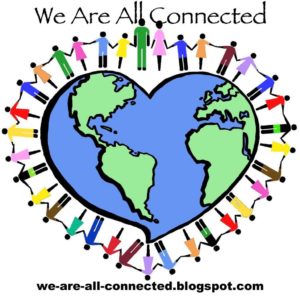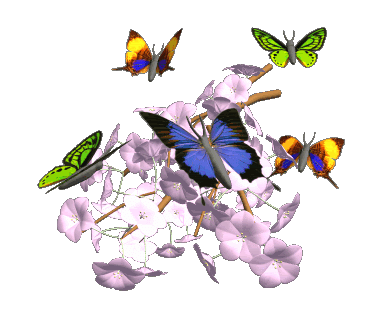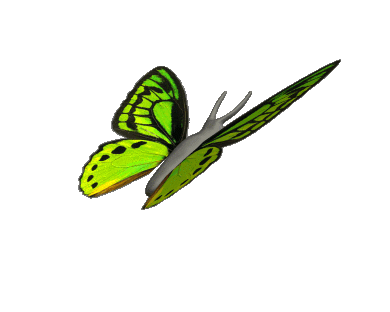“We must learn to live together as brothers or perish together as fools.”
– Martin Luther King, Jr.
True love means what’s mine is yours.
– African Proverb
We can only engage with spirits when we are actively doing the work to be in right relation with them. Access and power are privileges granted through permissions based on merit. The criterion concerns good and true hearts, as well as concrete acts of cooperation, coordination, harmony, reciprocity, respect, dignity, integrity, and love. Vodou is not about control and domination. The ethical framework is clear: universal respect as part of the path toward the restoration of balance and harmony, for peace within and on earth.
Life would cease to exist without love, forgiveness and tolerance. In Vodou, no ‘individual’ is a whole human being; to be integral we must intend and act with integrity: to treat every other being as our other half, and not just those within the boundaries of our divided communities. This way of life is about strengthening and loving ourselves through each other, in ubuntu and fellowship, like all cultures at their highest virtue. As such, Vodou demands behaviors that is loving and joyful, truthful, respectful, conscientious, egalitarian and fair (as well as grateful), unassuming and humble (in ego and intellect), responsible, and compassionate.
Expressed negatively, Vodou forbids violence and harm (as well as pain, much less vengeance). Similarly, Vodou forbids lies, theft, willful ignorance and fear (as well as greed), discrimination and assumptions, neglect and dereliction, as well as coercion, manipulation and abuse. Contrary to expectations (outside of Haiti and within), Vodou isn’t about fickle, consumerist on-demand, wish fulfillment much less callousness and harm; these are dilutions, perversions, frauds, and betrayals. Vodou is powerful knowledge and wisdom: some might use it for good, or for bad, and no one has the total knowledge and authority to judge anyone absolutely.
Vodou is about the highest of ethical codes, and considerable investment of effort of open-ended self-cultivation. All a Houngan or Manbo can do is observe and choose how to work with whom at any given moment based on my observations. After I accepted my calling, that which I have been entrusted, I vowed to follow the good way of it, to learn and help others with the power I have been gifted with. Rather than persecute and silence each other, Vodou gives voice to spirits, elders, ancestors, and the most unique among us.
All excellence demands discipline, determination, and patience—in body, mind, and spirit. Hard work yields accomplishments with sustainable staying power, unlikely to easily dissipate. Together with appreciation and a positive attitude, free from anger, pettiness, and distraction, these virtues make possible clear observation and understanding, bolstering the chances of success in any endeavor.
Love is a universal language for understanding across any differences. Across cultures as well as organized religions, God is interpreted as love; therefore, God is present in every act of love, and so we can make God present merely by acting with love and because of love. While Vodou considers God less anthropomorphically, the principle is the same.
Meditation promotes the aforementioned attitudes of self-regulation as well as self- and interpersonal/environment awareness and empathy, just as qigong, taichi, yoga, ecstatic dance and other such practices keep our energies circulating properly. This is about global citizenship and re-balancing.
“Many people think excitement is happiness. But when you are excited you are not peaceful. True happiness is based on peace.”
– Thich Nhat Hahn (Buddhism)

Corny and trite, yes? A real goal: also, yes.


